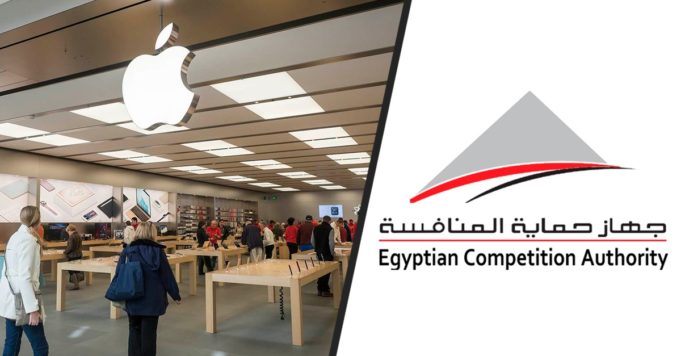Egyptian Competition Authority stated that they consider Apple market practices to contradict with Consumer Protection Law.
On this basis, the council revoked many agreements between Apple and its local and international distributors.
According to the board of the council, Apple’s market approaches leads to isolate their market regionally. Simply, this results in their products not being subject to supply and demand, creating an intra-brand monopoly.
How Apple Controls the Market?
This takes place by controlling the products available in the local market, creating a monopoly of products that are in the region.
In short, this leads to a lack of supply and alternatives, and the products to be ridiculously overpriced.
Dr. Amir Nabil, president of the council’s board, stated that the practices do not encourage fair market trade.
Not only the sales authorities in Apple don’t allow regulation of their products in certain regions in Egypt, but they also deny any of their accredited distributors to export to Egypt, eliminating all cheap alternatives of their own products!
Dr. Nabil concluded that these practices were the reason for deciding that Apple local practices are infringing Consumer Protection Law.
How These Practices Affect the Market?
In short, Apple is creating a monopoly on their own products, which will cause their prices to spike (based on the lack of supply) for no proper reason.
Due to the high prices, some consumers can find alternatives by buying Apple phones and devices from external distributors. This competition within the brand’s products is healthy for the market, as each distributor tries to attract more consumers through lower pricing, within their same region and outside it.
By eliminating this process, Apple is deliberately overpricing their products.
As a result, the Egyptian Competition Council decided to void numerous agreements between Regional Management of Apple and local distributors in Egypt, and even some of their external distributors, as they took part in the monopoly scheme.
Do you think that this decision was on point? Should Apple products be regulated? Let us know what you think.
Source: Egyptian Competition Authority



















